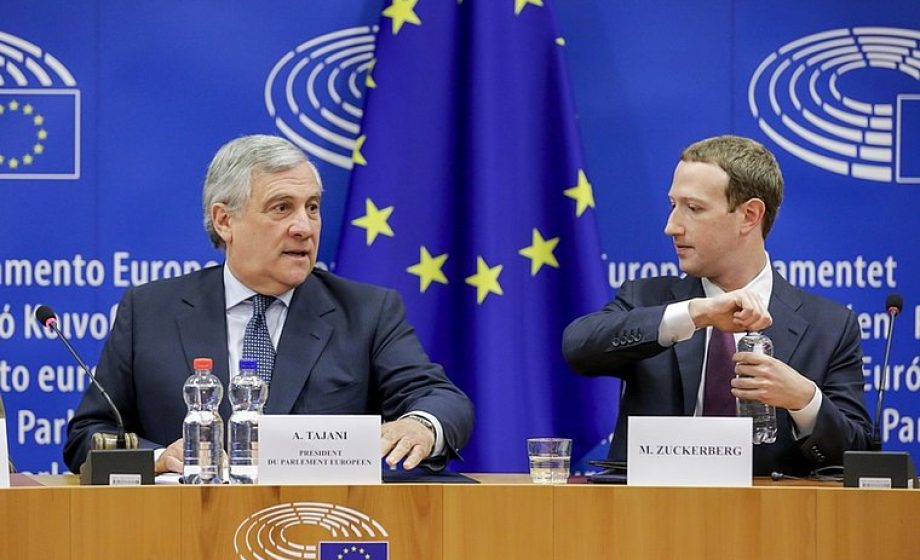
The hearing of Facebook’s CEO before the European Parliament was disappointing content-wise. The social network then decided to answer, in writing, to the central questions. While excelling at avoiding the issues.
On May 22nd, 2018, the Facebook CEO Mark Zuckerberg, was heard by European Parliament lawmakers in Brussels. This was shortly after a similar hearing at the US Congress. Amid the Cambridge Analytica scandal and the GDPR launch, it was a perfect time to corner the entrepreneur and get real answers to Facebook issues.
Penitent Zuckerberg: « It was a mistake, I am sorry »
However, an unintelligible questioning system depreciated the hearing. One after the other, the representatives introduced themselves to ask questions. Almost fifty questions in all. Only then did Mark Zuckerberg answer. All in one go, all at the same time, avoiding tricky questions, he delivered a timely speech on security, innovation, and GDPR. No further questions, no comments.
Following the theft of Facebook data of 2.7 million European users, the expected excuses were uttered: « We didn’t take a broad enough view of our responsibility and that was a mistake and I am sorry for it ».
A hearing that avoids tricky questions
This offered a nice media coverage but it gave no answer to substantive issues brought up by digital specialists in Parliament. Facebook, therefore, agreed to answer, in writing, to 18 questions of the Parliament. These questions are related to Cambridge Analytica, data management, influence during an election period, taxation, fake accounts, platform neutrality, regulation issues and competition.
Sure enough, an army of legal experts and lawyers came up with a first wave of answers (more should follow) on May, 24th. Beware, position statements ahead.
Facebook is in no monopolistic position, look at YouTube and Twitter!
Regarding accusations of monopoly, Facebook answers that there are many other social platforms with similar offers. Like photos, videos, chat etc…
A dubious line of argument. YouTube may offer videos, like Facebook, but one can hardly consider the Google server as a real contender. Facebook’s offer is far broader. This line of defense is understandable but it is not very convincing.
Concerning « fake profiles ». Pieces of information are kept by the website on people who are not members of Facebook but are mentioned by other users. Facebook states that keeping these information are necessary for the site’s functionalities. It’s also for commercial and security reasons. It is never to « create profiles on non-members ». A profession of faith you don’t have to subscribe to…
An anti-fake news league that reduces the reach of an article without deleting them
Facebook is accused of spreading fake news awfully quickly. It was asked to offer details regarding the identity of those in charge of checking the news. Facebook answered it was working on it, in France, with Libération (Désintox), AFP, Le Monde (Décodeurs) and 20 Minutes: all French newspapers. These media are paid to examine and validate news and messages.
If the news fails, it is downgraded which lowers its reach by 80%. But it is not deleted and nothing indicates that it was deemed unreliable. The answer given by Facebook, once again, feels whimsy.
Finally, there were questions regarding the data sharing between Facebook and WhatsApp (following the acquisition by Mark Zuckerberg’s company). The Parliament asked if Facebook could promise « there would be no personal data shared between the two services ». Facebook simply and calmly answered « no ».
Does Facebook continue to mock the whole world?
To sum it up: a hearing that leaves Mark Zuckerberg free to avoid annoying questions. A first string of written answers that feel more like a compression dressing (or plain side-stepping). The report is excellent: our trust in Facebook is soaring. And we can’t wait for the rest of the answers.

